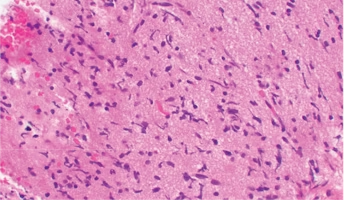Richard K. Wilson
Columbus, OH USA

About
Executive Director, Institute for Genomic Medicine
Nationwide Children’s Hospital
Dr. Wilson is an internationally recognized expert in molecular genetics and large-scale genomics, and his laboratories have been among the world’s leaders in genome analysis. His teams have sequenced and analyzed billions of bases of DNA from the genomes of bacteria, yeast, plants, invertebrates, vertebrates, primates and humans. Dr. Wilson and his colleagues at Washington University sequenced the first animal genome – that of the roundworm Caenorhabditis elegans (1990-98) – and contributed substantially to the sequencing and analysis of the human genome (1988-2003). He has published over 400 peer-reviewed manuscripts. In 2013, he was named the world's most cited researcher by Thomson Reuters' ScienceWatch with 15 significantly cited papers. Among numerous honors, awards and notable positions, he is a fellow of the American Association for the Advancement of Science (AAAS), and has received Distinguished Alumni awards from Miami University and the University of Oklahoma.
scientific
Projects

Data
Ongoing
Comprehensive Genomic and Immune Signature Profiling of Ependymoma and Diffuse Intrinsic Pontine Glioma
Certain subtypes of ependymoma are associated with poor outcomes as with diffuse intrinsic pontine glioma (DIPG) brain tumors. Comprehensive research into their genetics using the Pediatric Brain Tumor Atlas is being carried out by researchers in an effort to develop treatments with better outcomes.
Ependymoma, DIPG

Kathleen M. Schieffer

Data
Ongoing
Comprehensive Molecular Profiling of Pediatric Diffuse Astrocytomas: Independent Validation of Proteomic Analysis
Pediatric diffuse astrocytomas are particularly hard to remove in surgery and more treatment options for patients with this type of tumor are greatly needed. Researchers will use the Pediatric Brain Tumor Atlas to conduct comparisons of tumors across age groups to further define the characteristics of this tumor type and develop more targeted therapies for pediatric brain cancer patients.

Kathleen M. Schieffer
